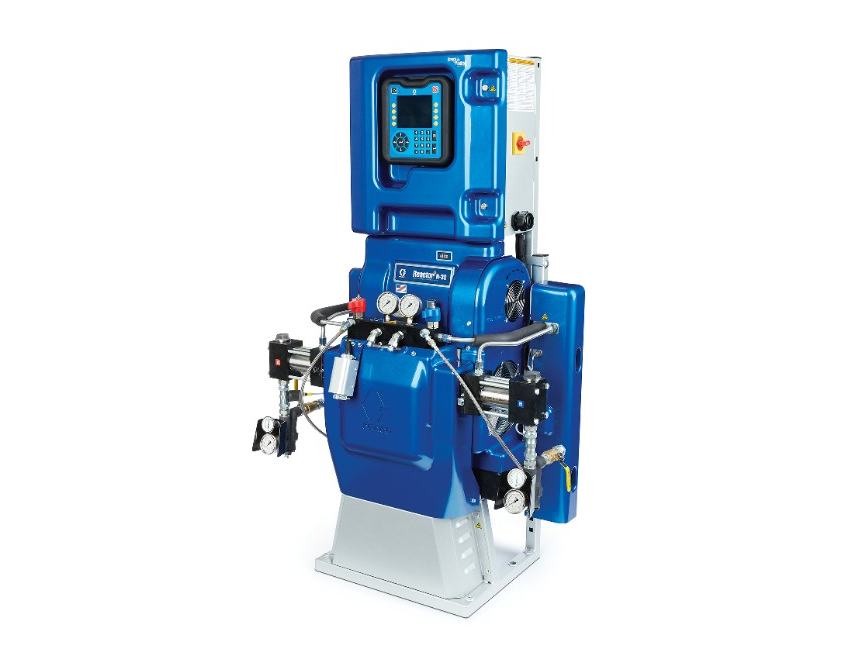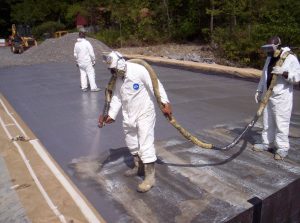

Everything You Need To Know About Polyurea
If you’re like most people, you’ve never heard of polyurea. If you live in the modern world, however, you’ve almost certainly come into contact with it, whether you knew it at the time or not. Here’s what you need to know.
What Is Polyurea?
Polyurea is what is known as an elastomer. That is, it is a polymer that has both viscosity and elasticity. It’s a substance that is created in a laboratory, by creating chains of amines and carbonyl functional groups. Or in plain English, it’s a term that describes a specific type of rubberized plastics.
It’s a quick drying type of rubberized compound that can be applied by spray, in several layers, to coat all sorts of items that are used in daily life and in industry.
Is Polyurea a New Thing?
Most people have started noticing the tough black coating on truck beds in the past decade or so. Many assume that this means that this is a new invention. The truth is, however, that the first patent on this type of substance was issued in 1959. The spray application that we’re all familiar with today, however, was invented and perfected in the 1990’s.
Where Is Polyurea Used?
Polyurea is used in a wide variety of places and on a variety of every day objects. It’s the material that is used for lining truck beds, and as a variety of industrial coatings.
It’s also one of the components that have been used to make spandex since the late 1950s, which means if you own any work out clothes, or anything containing spandex, you’ve worn items that contain polyurea.
Many expanding spray foams used in construction and other applications also contain polyurea, as does the black substance that is used to seal certain types of boats.
In fact, whether you know it or not, it’s highly likely that you’ve been in close contact with polyurea in one form or another your whole life.
Why Is Polyurea Used?
Polyurea is a popular component in so many products because of it’s viscosity and elasticity. It makes a great coating because it’s stretchy and malleable, and it has the ability to “self heal” small areas of damage. In other words, you can stick two pieces of polyurea together, and they will bond together without needing an adhesive.
This is exactly what makes this the perfect coating for applications where it’s likely to be put to the test. Minor knocks, cuts, scratches and dents aren’t a problem, because the coating self heals.
It adheres well to industrial types of materials like concrete and steel, and some types of this coating can reach tensile strengths of up to 40Mpa, and have up to 500% elasticity. In other words, they are tough and super flexible. Two traits that are a definite plus in heavy industrial applications.
Quality Products and Equipment
This is an amazing coating, and one with many applications. It’s tough, it’s versatile, and it is literally self-healing. The secret to getting a great application however, is to use high quality, technologically advanced products, and combine them with the best in application methods. Add well trained application personnel, and you can offer a high-quality finish that will keep customers coming back time and again, and that you’re proud to put your name on.
As you can see, polyurea is a fascinating substance that has been around for a long time, and can be found in many things that we use every day in the modern world. There are many potential applications, and while it can be tricky to get the right combination of product, equipment and application expertise, businesses that get it right are in high demand. For more information call +1 (800) 483-9087 or send us a message here, and find out more about getting started on your own polyurea application business.

